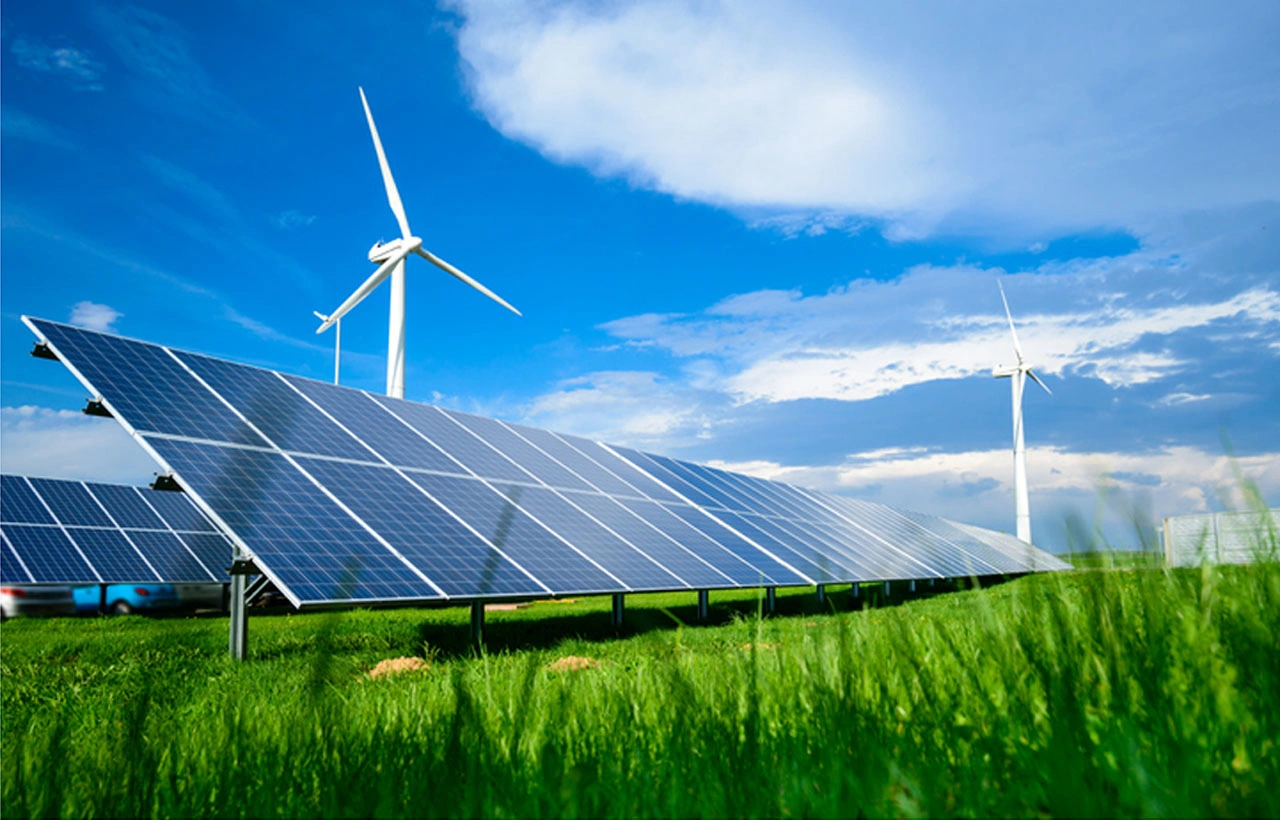Redefining the Future of Energy
The energy industry is experiencing a monumental shift as new technologies, sustainable practices, and evolving consumer demands reshape how energy is produced, distributed, and consumed.
Introduction
The energy industry is experiencing a monumental shift as new technologies, sustainable practices, and evolving consumer demands reshape how energy is produced, distributed, and consumed. With the increasing urgency of addressing climate change and reducing reliance on fossil fuels, the future of energy is being defined by innovation and sustainability. In this article, we’ll explore the key trends, challenges, and breakthroughs that are redefining the energy sector.
The Benefits of a Sustainable Energy Future
As we move toward cleaner, more efficient energy solutions, several advantages emerge:
1. Reduced Environmental Impact
Transitioning to renewable energy sources such as wind, solar, and hydroelectric power helps to reduce greenhouse gas emissions, mitigating climate change and improving environmental health.
2. Energy Independence
Renewable energy allows nations to reduce their dependence on foreign oil and gas, fostering energy independence and enhancing national security. It also offers a more stable and predictable energy supply compared to fossil fuels, which are subject to price volatility.
3. Economic Growth and Job Creation
Investing in clean energy infrastructure creates jobs in manufacturing, construction, and technology. As renewable energy sources become more mainstream, new industries will emerge, driving economic growth while providing long-term employment opportunities.
4. Improved Public Health
By moving away from fossil fuels, which contribute to air pollution and health problems, clean energy solutions can improve public health by reducing respiratory issues, heart disease, and other pollution-related illnesses.

Key Technologies Shaping the Future of Energy
Several innovative technologies are central to the transformation of the energy sector:
1. Renewable Energy Technologies
Solar panels, wind turbines, and geothermal systems are leading the charge in replacing traditional fossil fuel-based energy sources. As the efficiency and cost-effectiveness of these technologies improve, they will become even more integral to the global energy mix.
2. Energy Storage Solutions
One of the biggest challenges with renewable energy is its intermittent nature. Advancements in energy storage, such as battery storage systems and pumped hydro storage, are helping to address this issue by allowing energy to be stored when supply exceeds demand and used when renewable generation is low.
3.Smart Grids and Energy Management
Smart grid technologies enable better management of energy distribution and consumption, making the energy grid more efficient, reliable, and resilient. These systems use sensors, advanced analytics, and real-time data to optimize energy flow, reduce waste, and integrate renewable sources more effectively.
4. Hydrogen Energy
Hydrogen is emerging as a key player in the future energy landscape, offering a clean fuel alternative for industries such as transportation, manufacturing, and heavy-duty applications. Green hydrogen, produced using renewable electricity, has the potential to decarbonize sectors that are difficult to electrify.
The Future of Energy: A Collaborative Effort
The future of energy will rely on collaboration across industries, governments, and communities. The transition to a clean energy future requires coordinated efforts to address the environmental, economic, and technical challenges that come with it.
As we redefine the energy landscape, the emphasis on sustainability, technological innovation, and global cooperation will ensure that the future energy system is clean, reliable, and resilient. By embracing these changes, we can build a more sustainable, equitable, and prosperous energy future for generations to come.
In conclusion, the future of energy lies in harnessing innovative technologies and renewable resources to create a cleaner, more efficient, and sustainable energy system. With the right investment and policies, we can build a world powered by renewable energy that benefits people, the planet, and the economy.

.png)